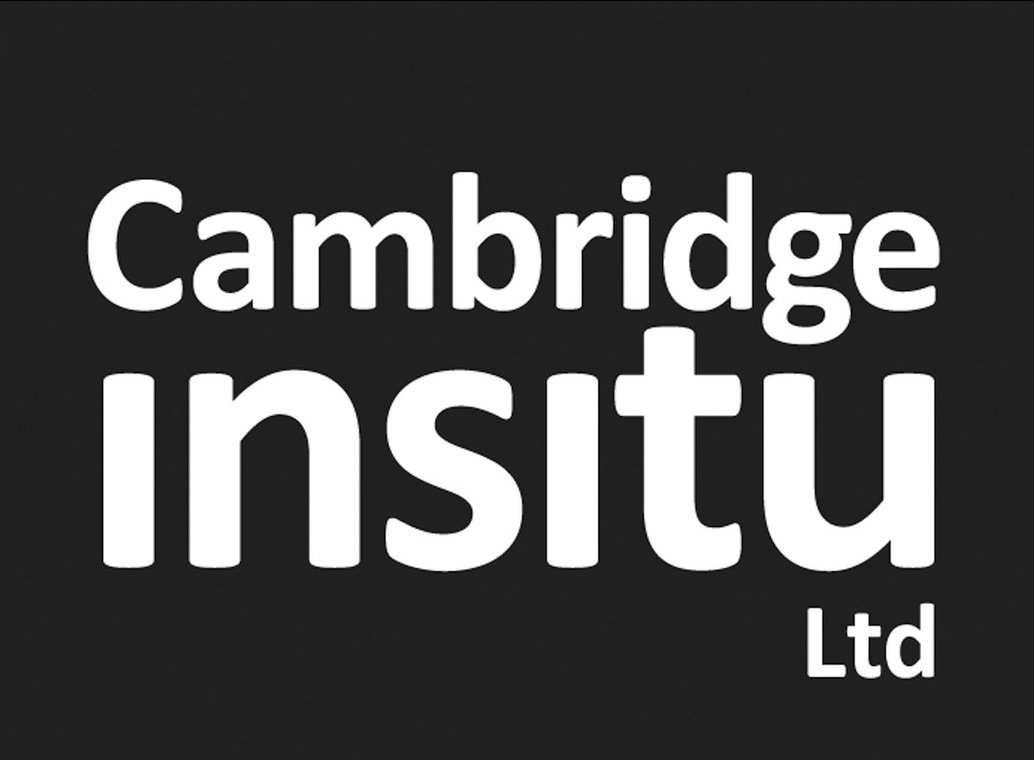
Since 1972 we have been designing, building and operating pressuremeters. We work internationally to bring our expertise to projects, adding value with our world leading experience and research.
It is with great sadness that we have to announce the death of our founder, John ‘Clive’ Dalton, after a long illness.
We make instruments for measuring the strength and stiffness of the ground; considering it as an engineering material on which or in which to build structures. We have a talented and dedicated team to operate our equipment. Some of the projects we have conducted testing on include the Second Severn Crossing, the stations on the new Jubilee Line Extension, the Crossrail Project, the Bangkok Wastewater Outfall Tunnel, Singapore Changi Third Runway and the Canadian Site C Clean Energy hydropower project.
The Cambridge Self-boring Pressuremeter was developed in the Cambridge University Engineering Department in the early 1970s by the late Professor Peter Wroth and Dr John Hughes. We saw working prototypes which we improved fairly extensively and for which we designed all the rest of the equipment for drilling, for controlling the tests, for reading the results, and for analysing the data including writing most of the software.
Kolkata Metro East-West Project
Our instruments are basically varieties of a “traditional” pressuremeter; they have a cylindrical flexible membrane which expands when pressure is applied, like inflating a balloon. During a live test compressed air or oil is applied down an umbilical in order to reach the instrument. This then causes the rubber membrane to inflate, pushing against the walls of the borehole causing them to deform as a pressure-driven expansion is undertaken. They are deployed in boreholes which they either make themselves or are made for them by a site investigation contractor. The resulting graph of pressure against displacement gives the ground failure strength and how it deflects under loads. The derivation is mathematically rigorous. We can also measure the pressure in the water between the soil granules which, in clays and some sands, is very important and useful information.
Self Boring Pressuremeter “Old School”
By using a power pack system and some clever mechanics, self boring is possible as a retro stand alone system.
Our parent company used to be called Deep Body Thermometers Limited, as that is what it originally made. These measured the core or deep body temperature of humans and other mammals using non-intrusive methods. It started in 1971 partly as a spin off from Grant Instruments. We got involved with soil mechanics less than two years later and it gradually took over our daily activities to the point where we changed the name and became Cambridge insitu Ltd.
Horizontal Self Boring Pressurmeter testing in Boom Clay





